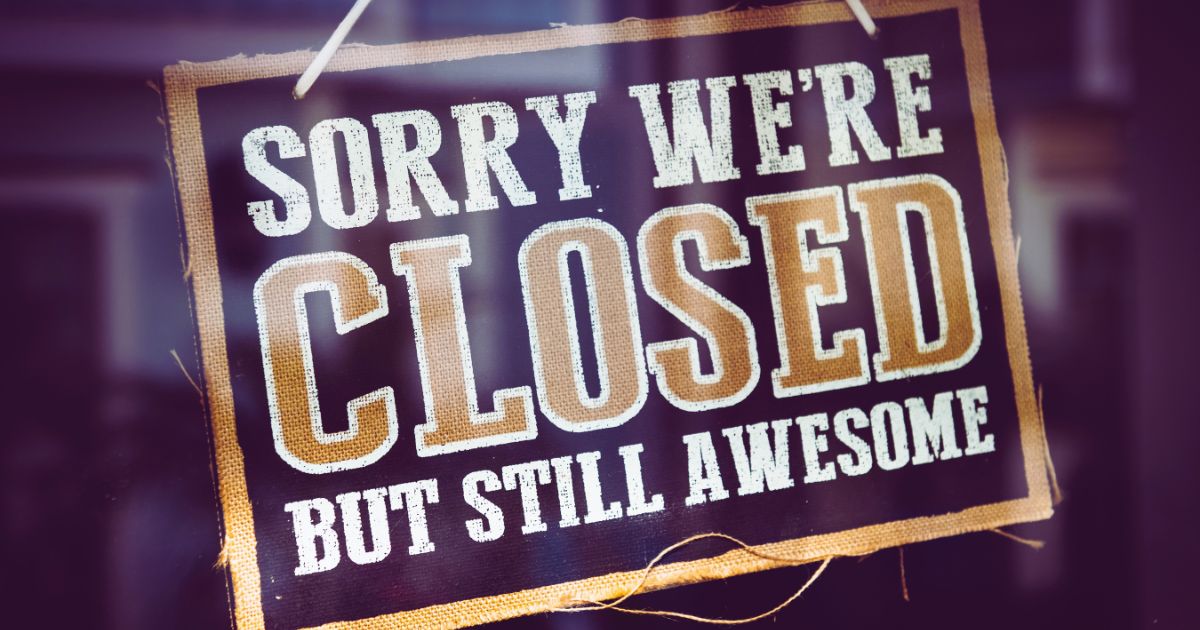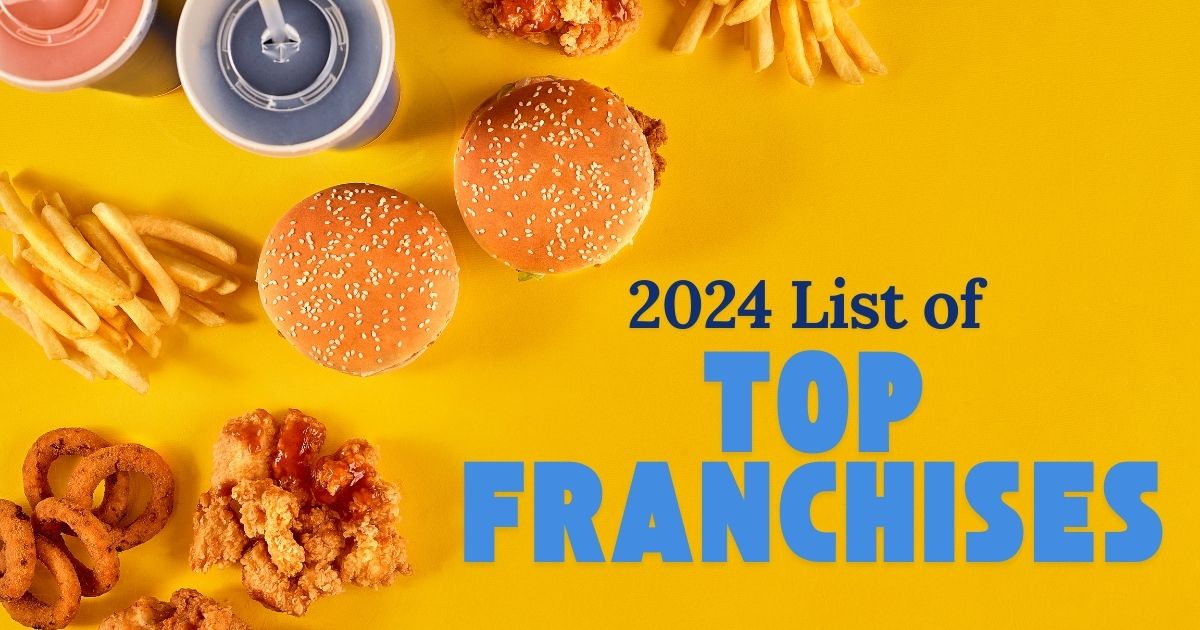
Farming remains one of the means for food security and sustenance for many rural families, with the agriculture sector continuing to be the backbone of the continent.
However, for entrepreneurs hoping to making the transition from subsistence to running a profitable commercial enterprise there are many challenges that can make many entrepreneurs throw in the towel before they even start.
But what should ambitious small scale farmers look out for if they want to break into farming on a commercial scale? To find out, we speak to Aggrey Mahanjana, Managing Director of the Red Meat Producers Organisation Group (NEPRO).
“There are more bad farmers in South Africa than bad farms”
Expert management tips
According to Mahanjana, there is currently a huge wave and excitement from BEE- practitioners, politicians and unemployed youth to start agricultural enterprises.
“Many of these people fail in farming due to lack of understanding that starting an agri-business venture, especially primary agriculture, is too risky,” ha says. “Farming is a lifestyle. And if it is not in you, you won’t make it as a farmer.”
Mahanjana is also the secretary-general of the organisation that facilitates the development of African farmers, the African Farmers Association of South Africa (AFASA). He says that just like a sports match, bad players are not there necessarily because the sport is bad.
“There are more bad farmers in South Africa than bad farms,” he says.
“Your farm is as good as your management”
ABC of starting up a livestock commercial farm:
What do you want to do?
Your business idea should answer to the question of what do you want to do, Mahanjana says.
“Commercial cattle farming for example has numerous lines of production, like being a stud breeder producing bulls and heifers for commercial farmers, a weaner producer for the feedlot industry or production of oxen for abattoir industry and informal market,” he says. “Your farm is as good as your management”.
The Business Plan
Mahanjana says many people fail because they square farms which are not farmable.
“The next step is “how” to farm. Put all your ideas on paper in the form of a business plan which explains in much detail your production plan, your human resource plan and your financial plan with realistic projections,” he says.
“If an investment in your business doesn’t either increase your revenue or lower your operational costs, don’t do it,” says Mahanjana.
Location determines success or failure
Mahanjana says the third step is deciding “where” should your farm be located.
“The location of your enterprise can determine your success or failure in business. You can’t run an extensive commercial beef production where there is not enough grazing,” he says. “If you can’t measure it, you can’t manage it.”
“You must identify good farming land for commercial livestock production. If you are going to purchase an existing farm, check the farm infrastructure, like the condition of the fencing, internal farm roads, availability and accessibility of livestock drinking water, state of health of the veld (grazing capacity) and livestock handling facilities,” he added.
Getting funding
According to FNB Business Head of Marketing and Information, Jan van Zyl, establishing sustainable small scale or large farming enterprises is an extremely complex challenge.
“The bank will not extend more credit than the value you own in the business.”
But van Zyl says all banks look at basically the same aspects when contemplating granting a loan request despite the fact that these intensive enterprises have additional requirements and risk (such as adequate water, higher and expensive technology, increased disease risk and security) over and above the “normal” farming requirements.
“But the size of a smallholding limits the collateral value that the bank can take as security purely because of the size,” he says.
Van Zyl attributes a few requirements to ensuring banks finance your farming project.
“You will have to give convincing evidence that you will be able to repay the loan out of your farming proceeds or from other sources of income,” he says.
Van Zyl says this is usually indicated by way of a cash flow budget if it is an existing farming operation or a business plan if it is a new farming venture. This cash flow must indicate seasonal, regular and irregular income as well as foreseen and unforeseen expenses as well as your withdrawals for living expenses.
“The bank will have to be satisfied that you have sufficient knowledge, skill and experience…”
“You will have to have the majority ownership in your farming business. This means that the bank will not extend more credit than the value you own in the business,” he says.
“Your balance sheet will have to have sufficient net assets to offer sufficient security in the event that the farming business may fail,” he says. Van Zyl says this is to ensure that the bank’s depositors, whose money has been lent to you, will not be lost. In most cases a mortgage bond will be taken over the farm property equal to the banks realistic valuation thereof.
“The bank will have to be satisfied that you have sufficient knowledge, skill and experience to manage the farming business to achieve the financial results that you indicated in your cash flow,” says van Zyl.













